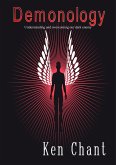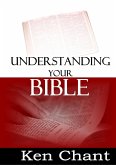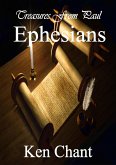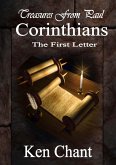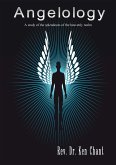Tho' many a Wit from time to time has rose
T'inform the World of what it better knows,
Yet 'tis a Praise that few their own can call,
To tell men things they never knew at all.
Or if some insist that I have not said anything new, at least I may wish that they will enjoy the way I have said it! I hope that when you reach the end of this book, your judgment may echo Addison's comment on writing
Wit and fine Writing doth not consist so much in advancing Things that are new, as in giving Things that are known an agreeable Turn. It is impossible for us, who live in the latter Ages of the World, to make Observations in Criticism, Morality, or in any Art or Science, which have not been touched upon by others. We have little else left us, but to represent the common Sense of Mankind in more strong, more beautiful, or more uncommon Lights. If a Reader examines Horace's Art of Poetry, he will find but very few Precepts in it, which he may not meet with in Aristotle, and which were not commonly known by all the Poets of the Augustan Age. His Way of expressing and applying them, not his Invention of them, is what we are chiefly to admire.
Another reason for this book is that my two volumes on Christ need their complement in a book about the Father and about the entire Godhead.
But my chief reason for burdening the planet with this seemingly redundant volume lies in the subject itself. The Lord God is my Lord, and to me he is so fascinating that I cannot resist the yearning to explore every facet of his splendour, hoping that others will thereby be able to share my pleasure. I hope, too, that the Father himself will be pleased with what I write and that, even if only in a small way, his honour will be enlarged.
Dieser Download kann aus rechtlichen Gründen nur mit Rechnungsadresse in A, B, CY, CZ, D, DK, EW, E, FIN, F, GR, H, IRL, I, LT, L, LR, M, NL, PL, P, R, S, SLO, SK ausgeliefert werden.
Hinweis: Dieser Artikel kann nur an eine deutsche Lieferadresse ausgeliefert werden.



